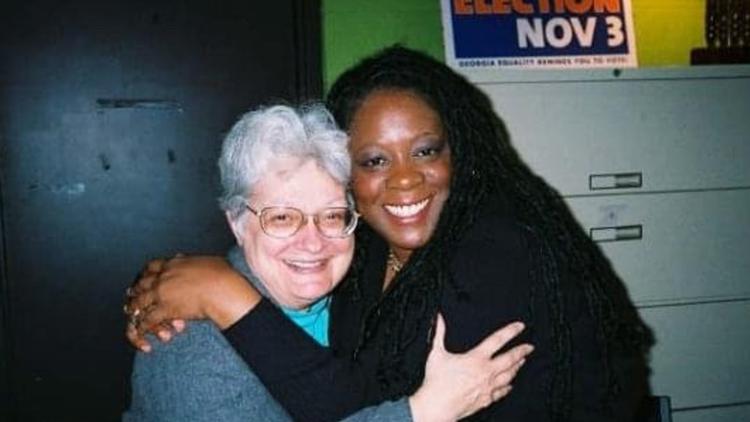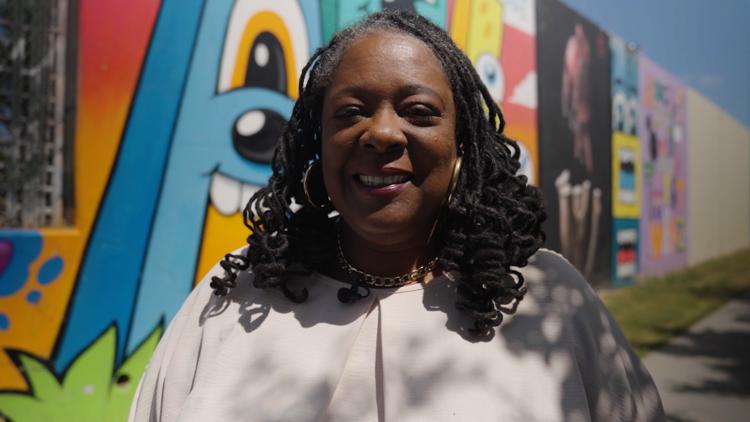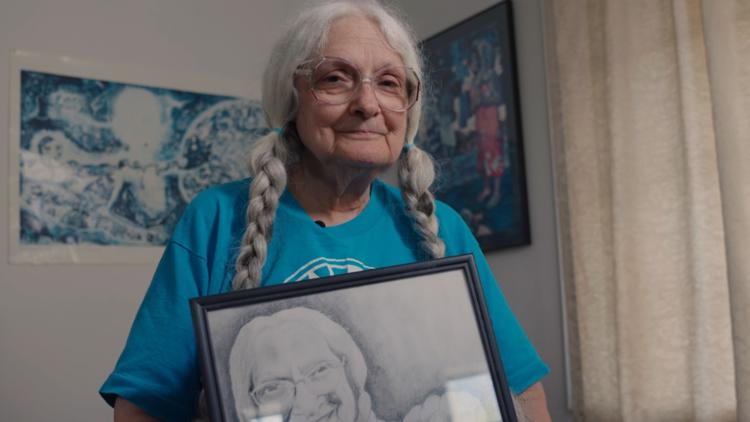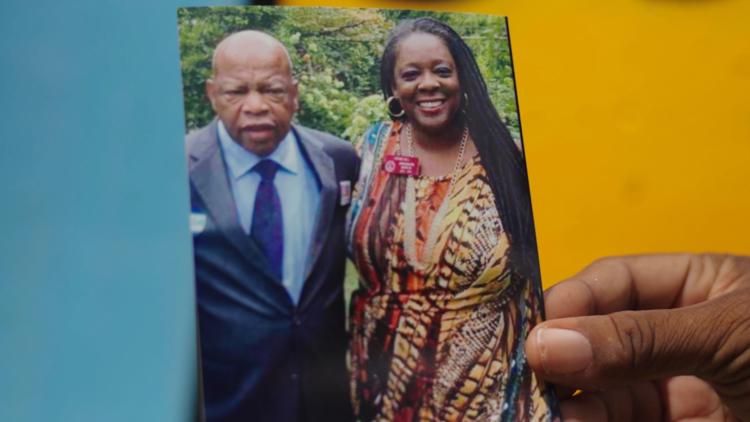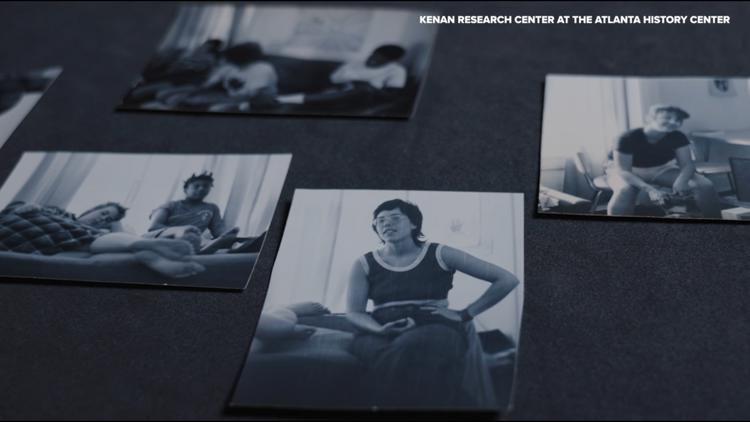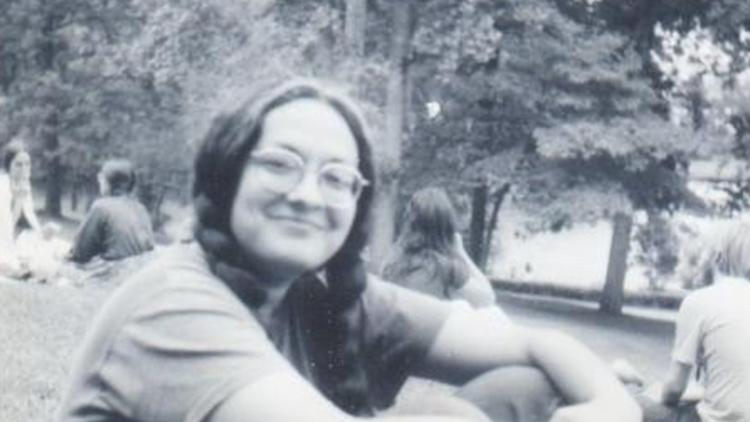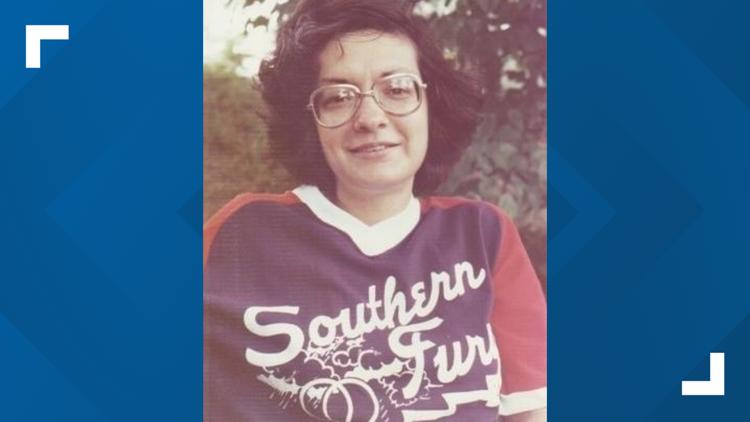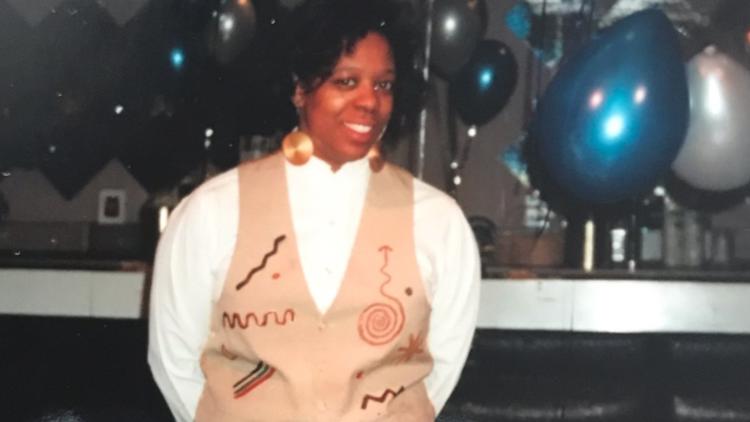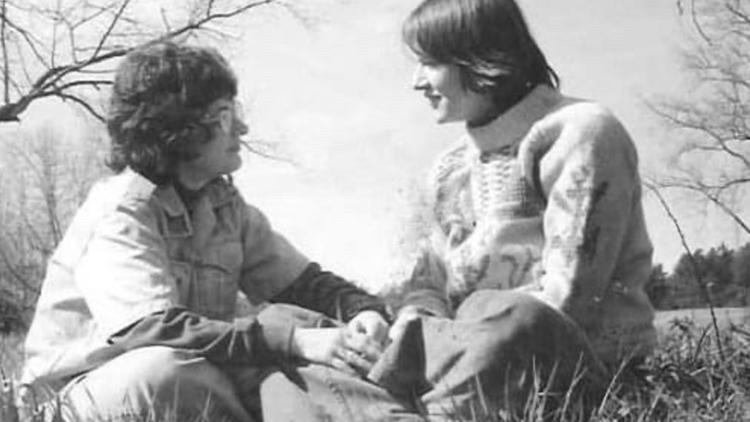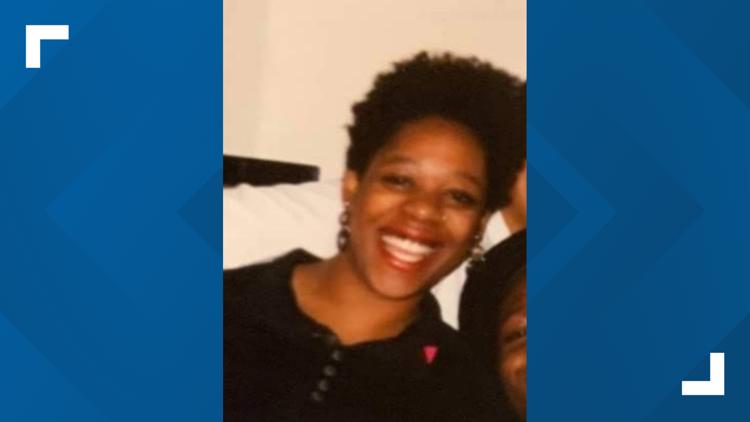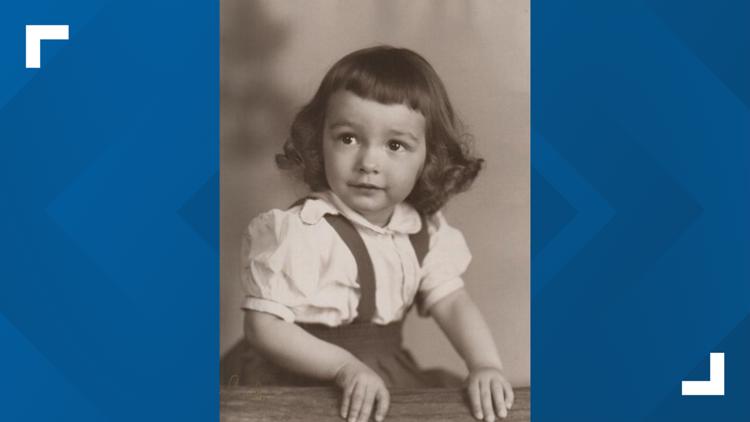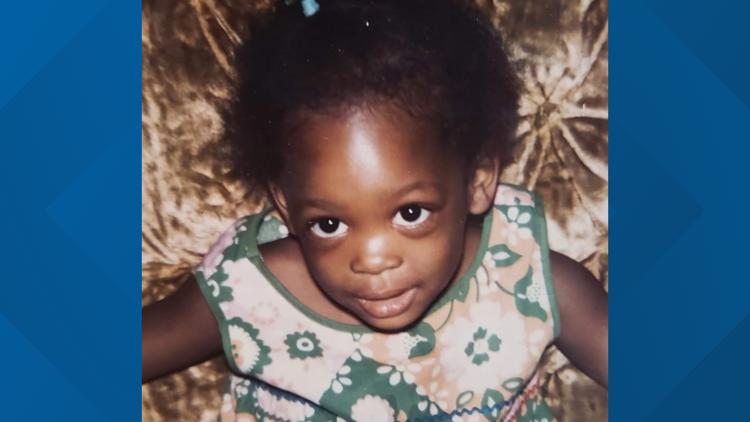‘We have a right to live freely’: Two LGBTQIA+ women in Atlanta share their historical stories
From very firsts to continued community support and activism, Lorraine Fontana and Simone Bell share their message for the LGBTQIA+ community.
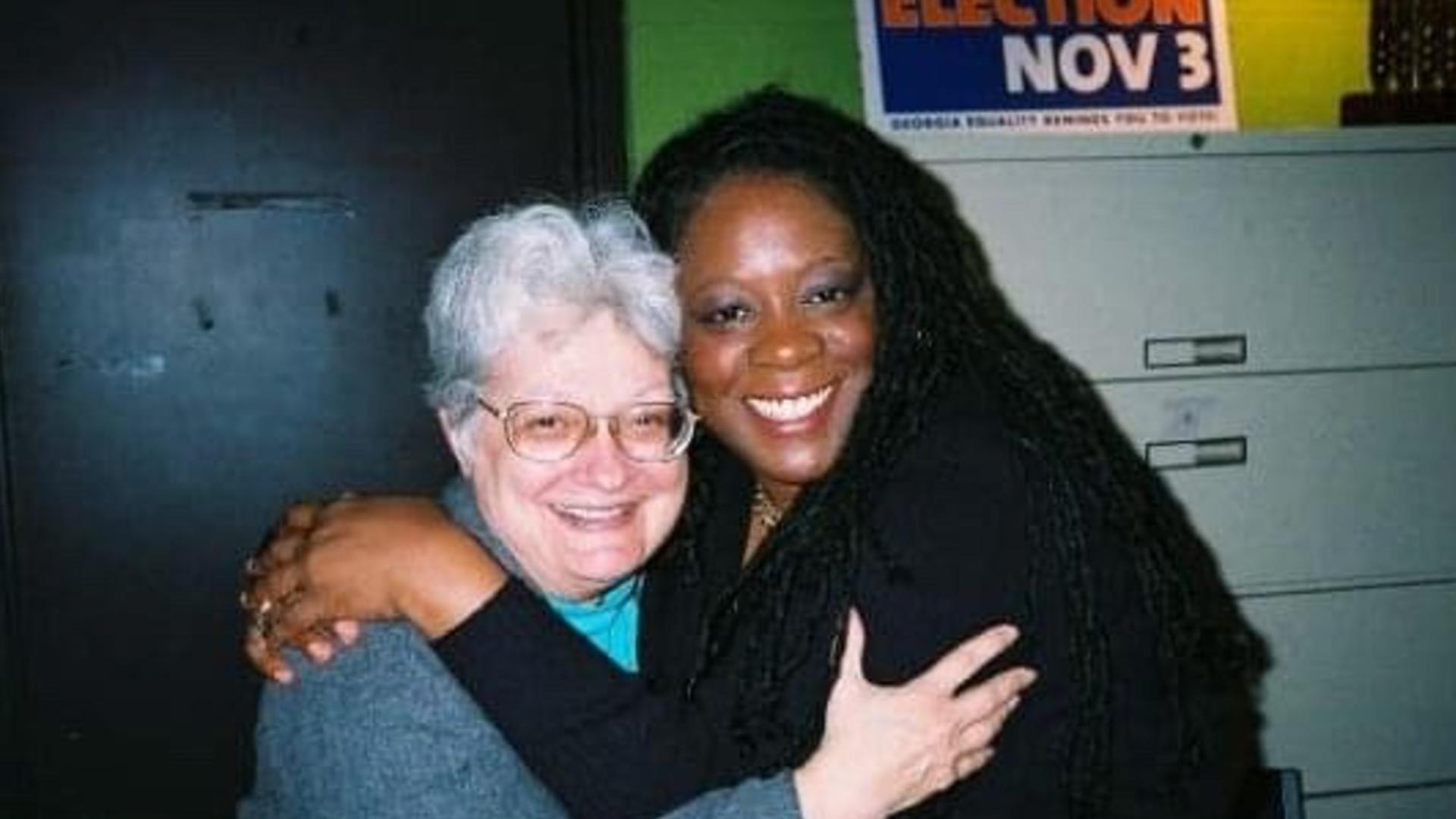
Although born into different generations, Atlanta residents Lorraine Fontana and Simone Bell have shared a similar mission throughout their lives.
“I saw the Civil Rights movement acting out on TV as I was growing up,” Fontana recalled. “I knew that [activism] is what I wanted to do.”
“I have been an activist in the City of Atlanta for more than 30 years,” Bell said.

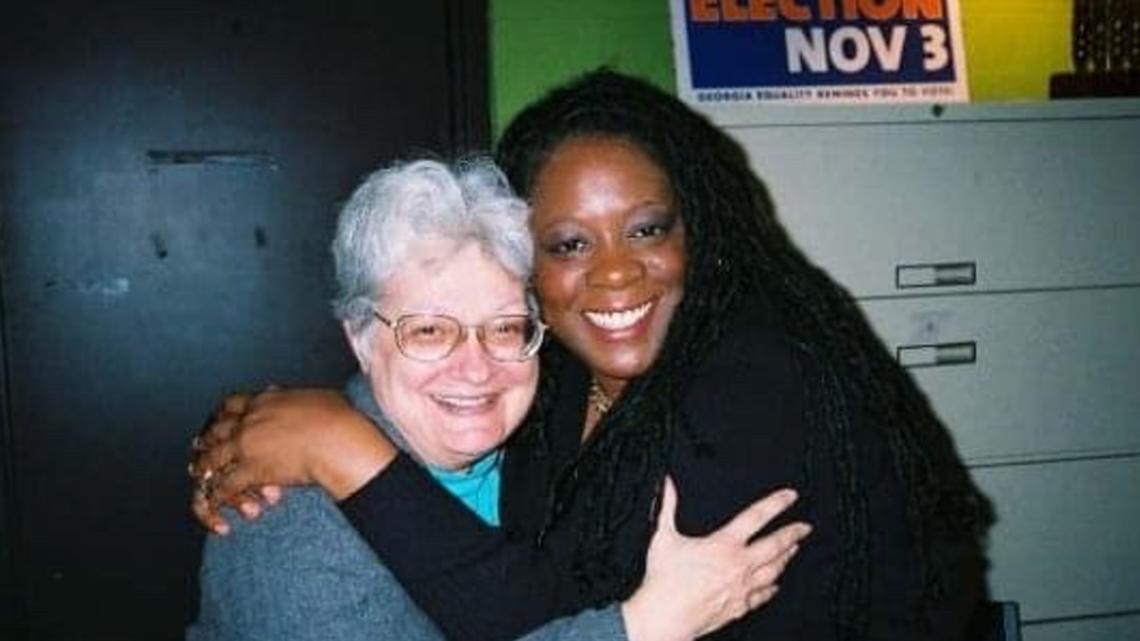
They shared many “firsts” — including earning their “transplant” badge by moving to Atlanta, now known as a southern LGBTQIA+ Mecca — during different time periods.
“There was something about Atlanta that just let me know -- this is where I was going to be able to do my greatest work,” Bell recalled of her move to the city from Nashville, Tennessee as a college student at the time.
That was back in 1992, and Bell has been here ever since.

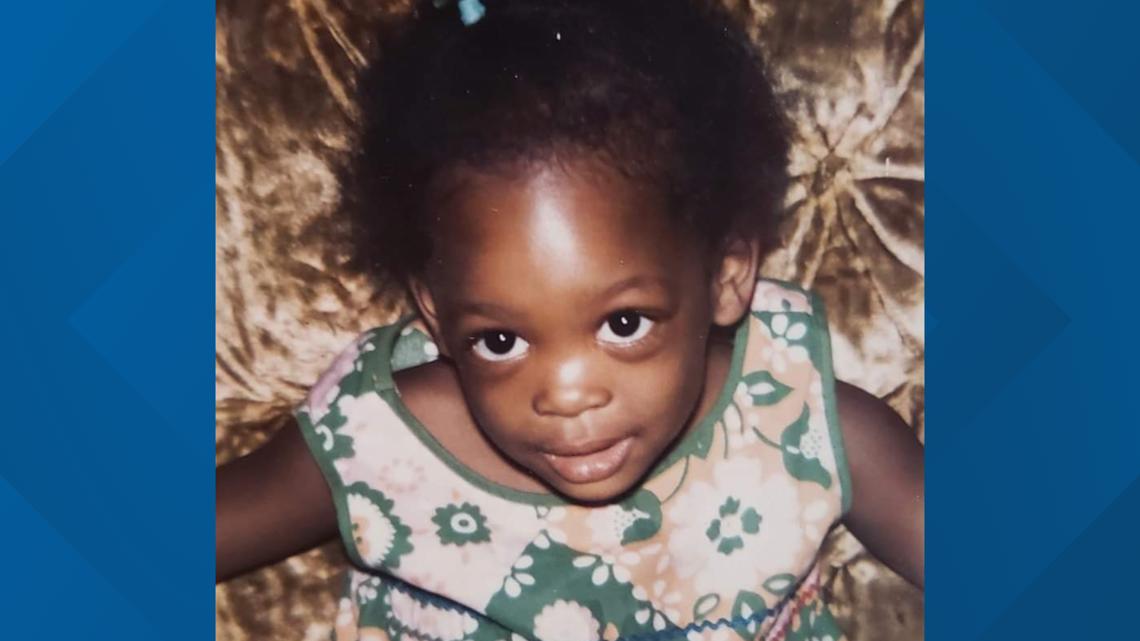
Fontana moved to the city in 1968, which was a big year for the country. It was a year that would change America forever: when Dr. Martin Luther King Jr. was assassinated, and Congress passed the Fair Housing Act.

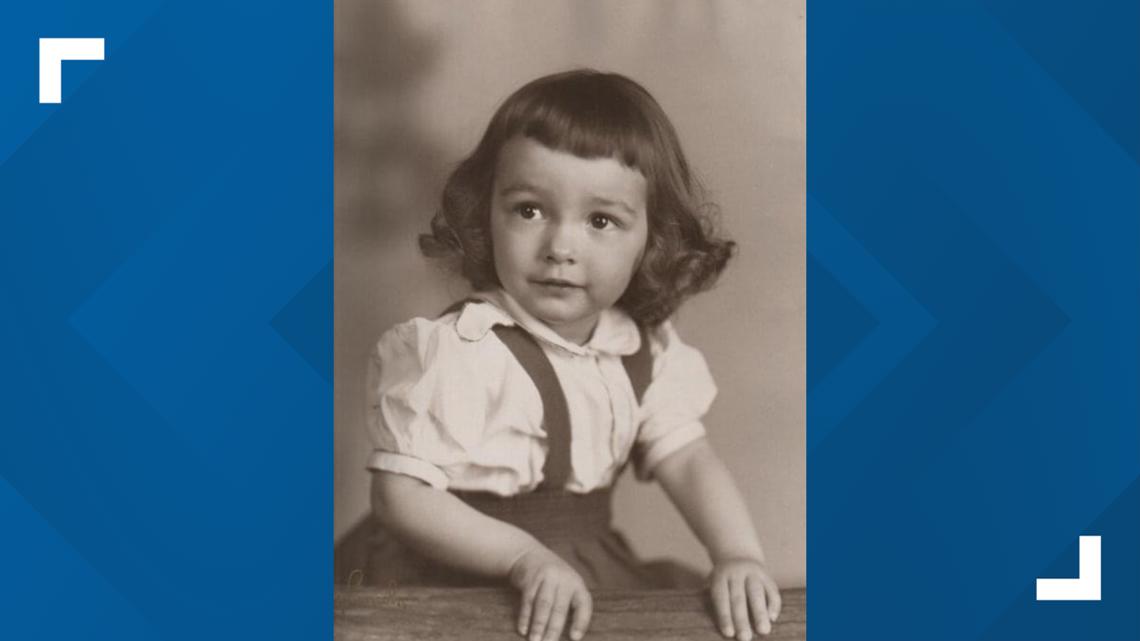
But as daunting as Bell and Fontana’s “firsts” may have been, it was their later “first” opportunities to lead within the LGBTQIA+ community that forever left a lasting, historical impact.
Two women, two different generations and two separate stories -- all intertwined by a spirit of hope, resilience and community.
Here are their stories.
'Please don't give up': Lorraine's story
Activism and community responsibility are ingrained in Lorraine Fontana’s spirit.
“I moved [to Atlanta] because I went into VISTA, which then was a starting program back then - part of the War on Poverty - Volunteers In Service to America,” she recalled.
Before that, though, Fontana grew up in New York, eventually graduating from Queens College.
Atlanta – also known as the “city in a forest” – would become her new home away from the “concrete jungle.”

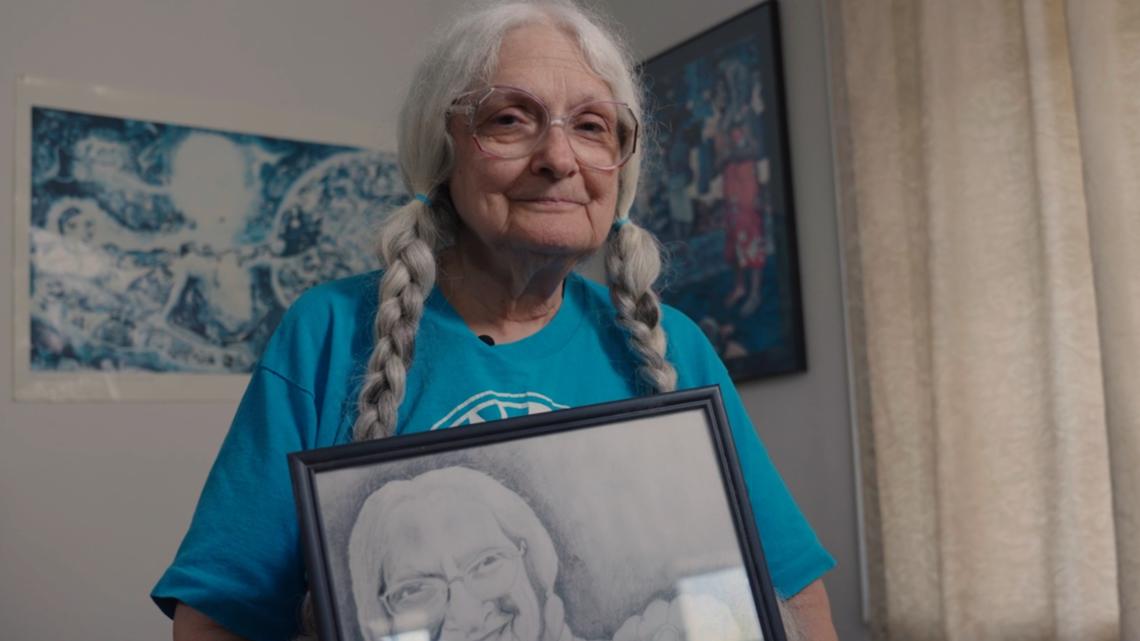
“I remember flying in when I first came, and they were like, ‘We’re about to descend now,’” she recalled. “OK. So, I look out the window, and I’m like, ‘Where’s the city?’ There’s just trees - green and [more] green.”
But it wasn’t just the city’s greenery that kept her around – it was the people.
“I loved Atlanta because I loved the people I met, and I had worked with. I loved the pace,” she said. “I really felt like I could have an interesting new life.”
Eventually, those people became her community.
“I came out when I was here,” she said. “In fact, I came out into a community of women and activists and leftists that I was working with in various ways here.”
That sense of community ultimately became a key cornerstone in her everyday life.
“Saved my life," she added, "because being different than something I would have clearly discovered at some point or another - this was a positive, wonderful, fulfilling and community way of coming out and being who I was."

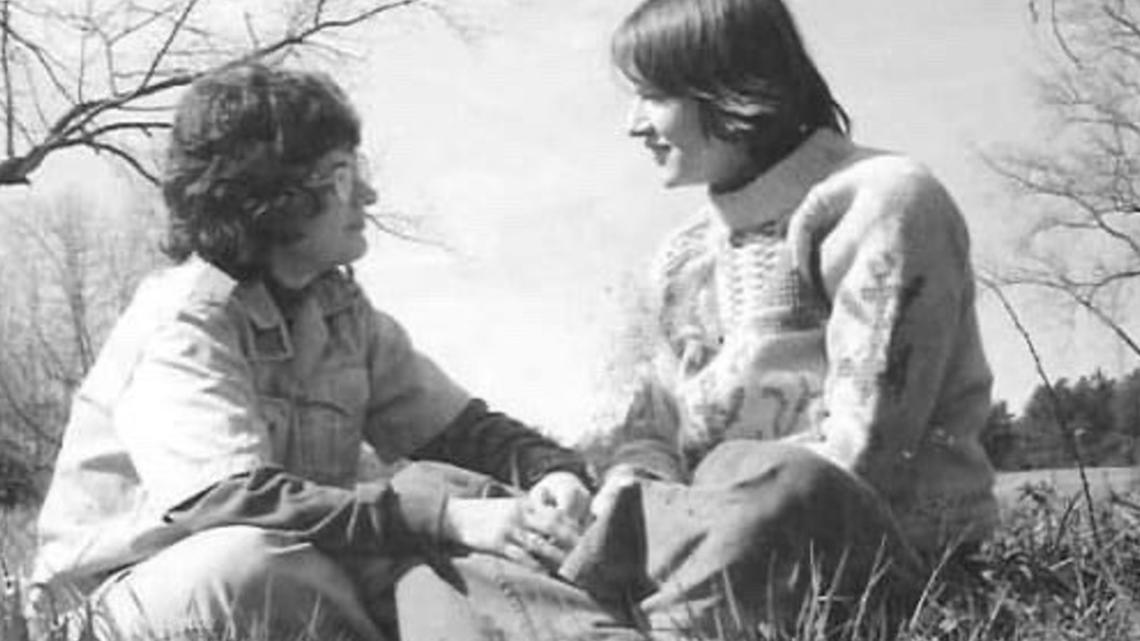
For many LGBTQIA+ people, coming out isn’t always a supportive experience. But for Fontana, “I’m very lucky."
"There’s a lot of people I know who kept in the closet because they were in situations and in places where it was horrible,” she said.
For Fontana and others in Atlanta during the 1970s, identifying the need for supportive spaces and inclusions resulted in the eventual creation of The Atlanta Lesbian / Feminist Alliance, or ALFA, deemed one of the oldest lesbian feminist organizations in the United States, according to Duke University, where many of the group’s items are archived today.
“All struggles are connected. You can’t have some people free and other people still being oppressed, called marginalization now,” Fontana said.
“…Whether it’s race, nationality, class, gender, sexual orientation – it’s all the same thing,” she added later during her interview.

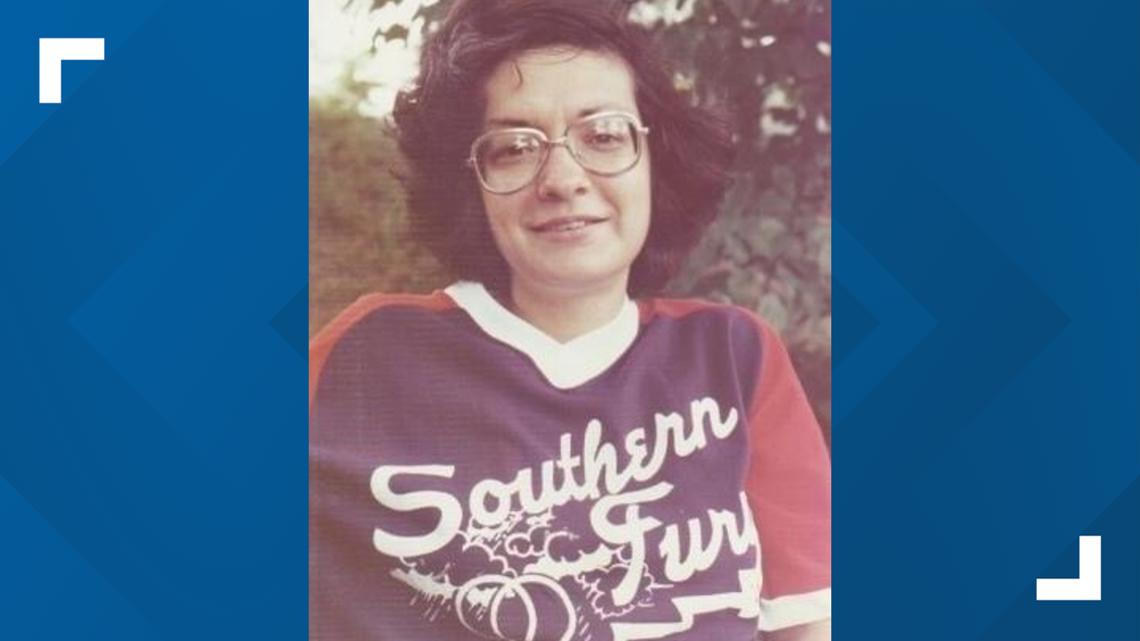
ALFA started as a small group, growing, first, by newsletter and word-of-mouth in the community. But it knew it had to grow with outreach by connecting with other lesbian women in the city at the forefront of their minds.
“The Atlanta Lesbian / Feminist Alliance was the first out-lesbian organization in Atlanta,” Fontana, who helped co-found the group, said.
Then ALFA entered the City League.
“Deciding to enter a team into the City League - the Atlanta City League - really changed how we reached people and how people got to know us,” Fontana said.
Before officially disbanding in the early 1990s, Fontana estimates there were several hundred ALFA members.
“The legacy of ALFA is what it already is, which is being the first lesbian organization,” she said. “So pioneering, basically, and opening the doors for people in Atlanta to start realizing not only who exists, but making it a more common thing and that’s okay, you know, to be who you are.”

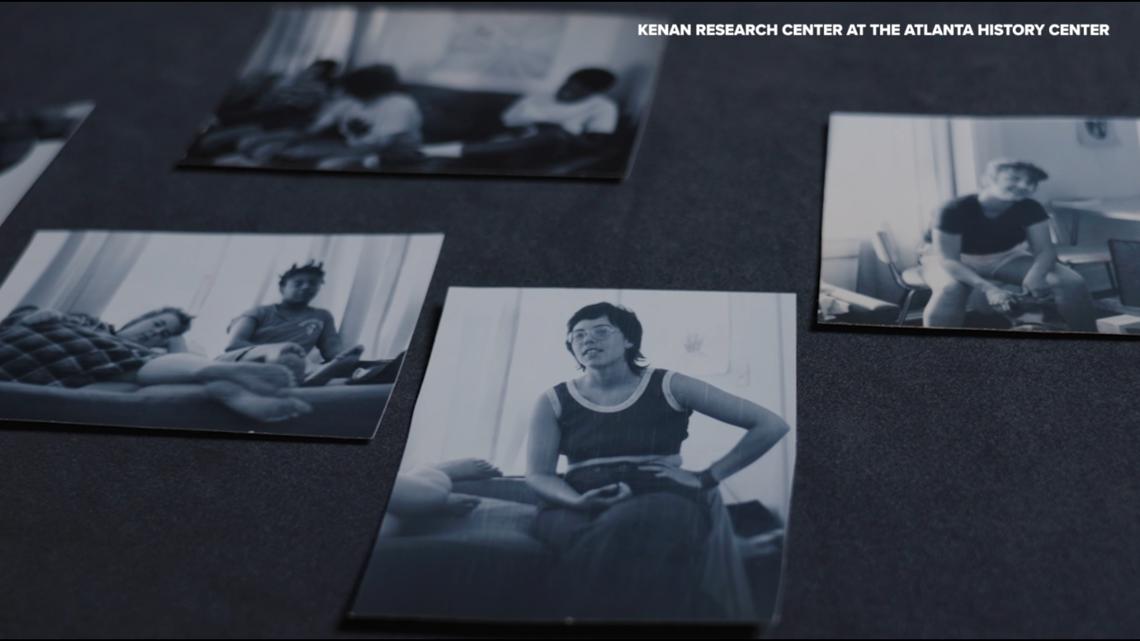
For Fontana and others, being a part of ALFA was a time to publicly and proudly declare who they were.
“[ALFA helped] other people realize that lesbians weren’t really sick, crazy people,” she said. “We were just women who loved other women.”
During her interview with 11Alive, Fontana also talked about the changes she’s seen in her lifetime.
While she recalled various decades of facing up to power, struggling, and not backing down, she still had one message to give to the community: hope.
“What I would say to young and new members of the LGBTQIA+ community is just like any other activist community: please don’t give up,” Fontana said.
'A different type of conversation': Simone's story
If you asked Simone Bell what her favorite shoe type was, she’d likely tell you: combat boots.
“I came from wearing combat boots and rainbow scarves around my head,” Bell said of her transition from being out in the community to winning a seat in Georgia’s House of Representatives, District 58, in 2009.
Bell was already known for her advocacy and activism in Atlanta, but when she stepped away from the streets into her new role in the early 2000’s, she wanted to ensure every community had a voice in the conversation.
“People can talk about things, but when you have someone in the room who is part of that community - it’s a different type of conversation,” she said.

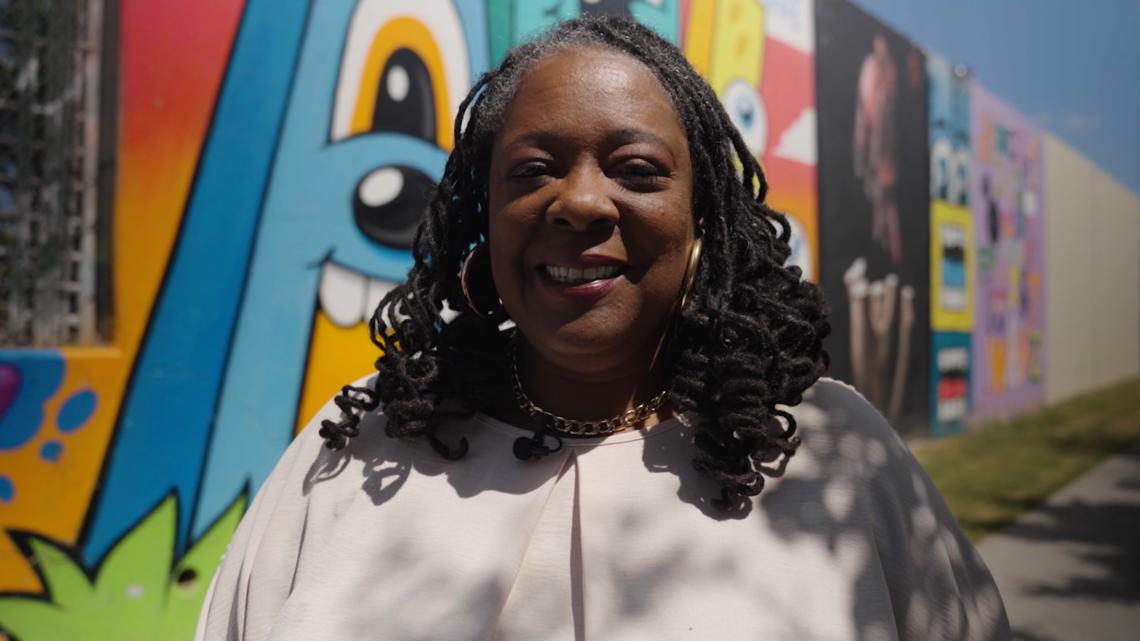
Bell was a different person and perspective for those conversations - different than what the U.S. state legislature had previously seen.
“I am the first Black, ‘out’ elected official for the State House in the country,” she said.
Like many LGBTQIA+ youth, Bell first realized she was a lesbian early on in life.
“When I was about 13 years old, I knew I was different,” she said.
The former representative later attended a high school with programs like performing arts and acting, ultimately meeting peers like her and their parents who celebrated them for who they were.
“A friend of mine’s mom - she was very open to us being who we were,” Bell said. “She held us accountable. Told us we needed to live with integrity but provided a safe space for us to be at her home.”

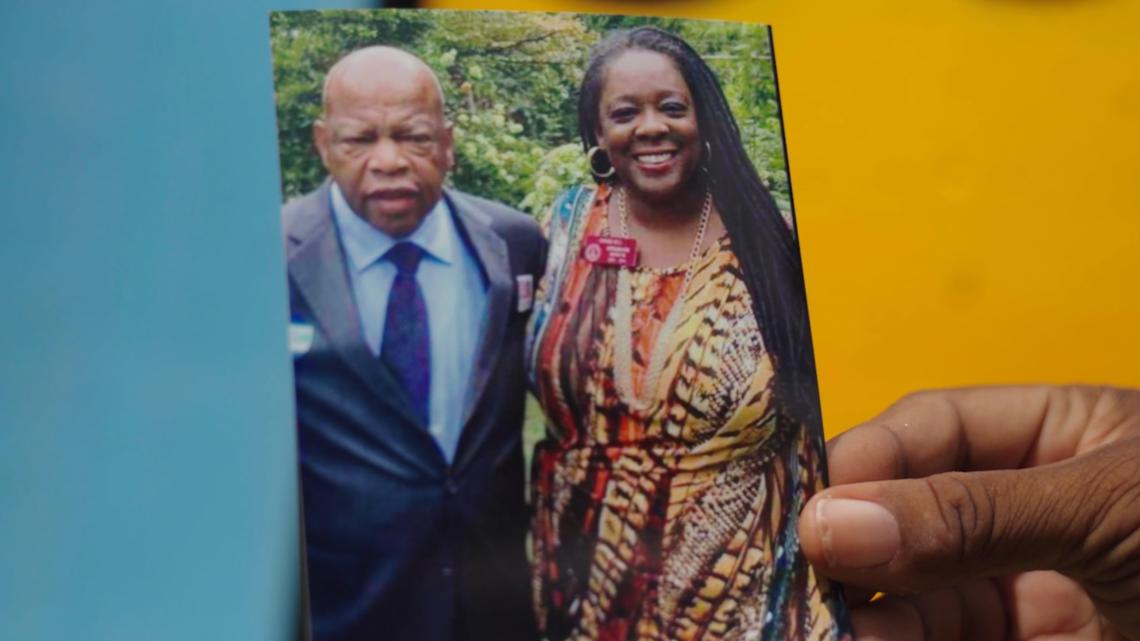
A safe space and sense of kinship within the community was important for Bell, who also grew up with a religious background.
“If God doesn’t want me to be this way, God will take this away from me,” she said. “And it never happened.”
While Bell no longer serves as a representative today, she can still count many moments during her career as wins - all of which were tied back to giving a voice to people in the community.
“Often, we would be outside marching and chanting and having press conferences, but I made it very clear that we needed to be at the table,” Bell said.
“Bringing people into the Capitol to actually talk to their legislators - to be seen. That’s one of my biggest accomplishments,” she added.
Between seas of difference, Bell also fought to find common ground in her political career.
“Letting them see the normalcy of being LGBT,” she said. “They talked about their family - I talked about my family. They talked about their wives - I talked about my wife. They talked about their kids - I talked about my kids.”

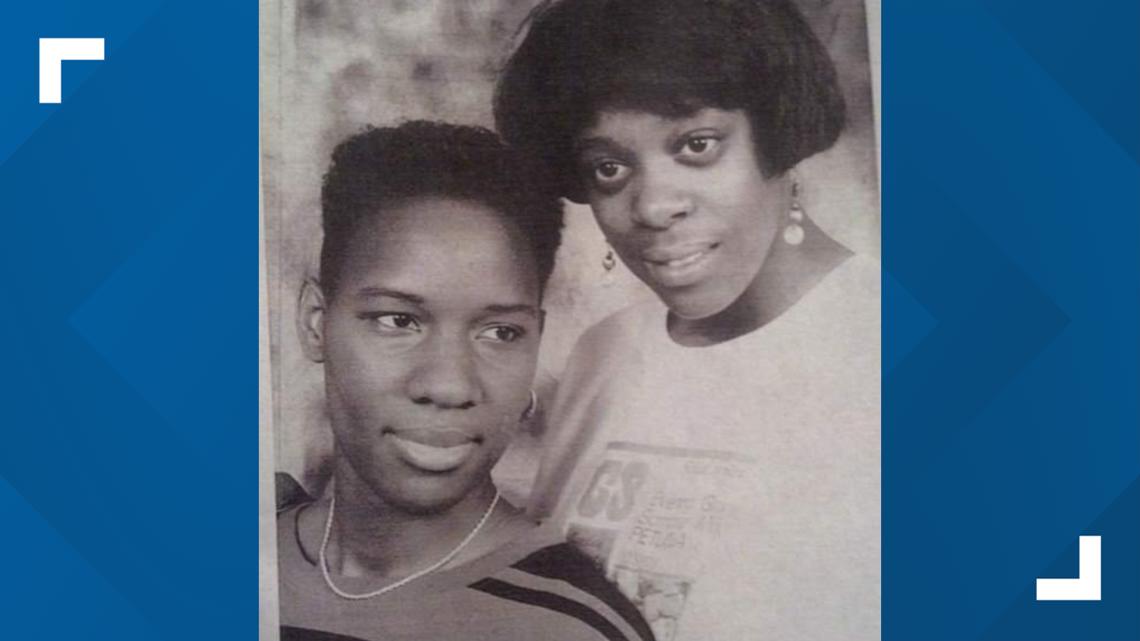
Having a support system, backed by her wife Valarie and family, has given Bell the strength to push forward.
“When I ran for office, my mom came down every time we had an election and took care of us so we could do the work in the streets,” she said. “I can’t say enough about my brothers and sisters and especially my extended family. My cousins - they keep me grounded, but they’re so proud of me and the work that I’ve done.”
“I really appreciate Valerie for being there to support me through the process,” she added. “When the tears fell, you know, she was there to wipe them away.”
That strength and support transcend back into the community, sometimes with the help of a friend like Fontana.
Two LGBTQIA+ women in Atlanta share their historical stories with 11Alive for pride
“Our lives have crossed in many different ways over the years with her activism and with my activism,” Bell said about her friendship with Fontana.
“She’s lived a long life,” she added. “She doesn’t have to be out in the streets with us, but she definitely is, and she’s teaching all of us how to do the work.”
The work that Fontana and Bell have done has led to a lasting, historical impact on the LGBTQIA community.
“We have a right to live freely. We have a right to congregate. We have a right to love who we love,” Bell said.

